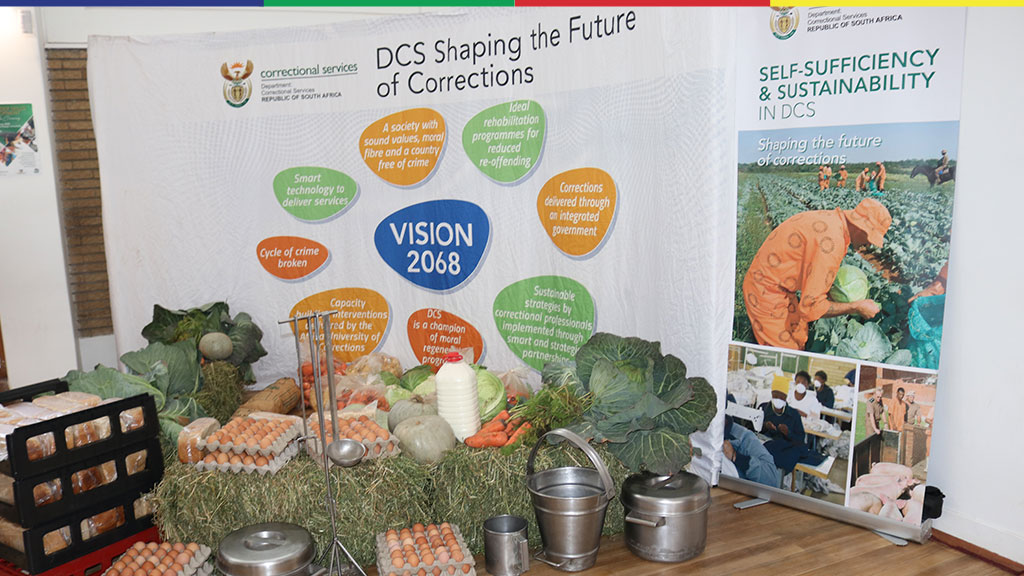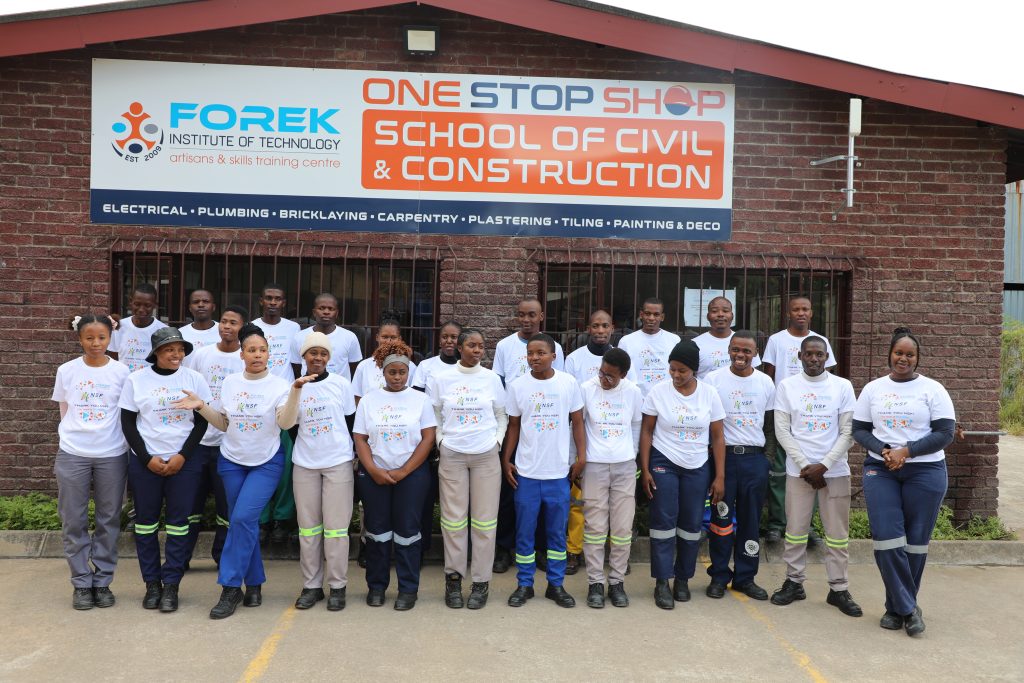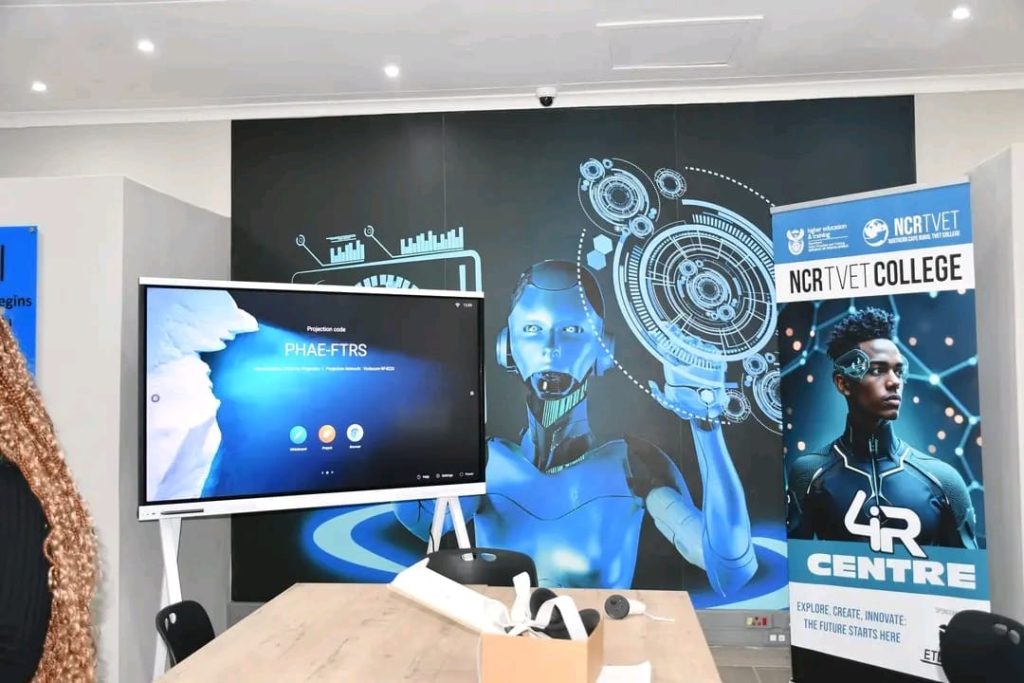The results of a fruitful partnership between the Department of Correctional Services (DCS) and the National Skills Fund (NSF), which provides offenders with various skills programmes, were visible during a graduation ceremony for offenders from the Free State and Northern Cape that was held at Sol Plaatje University in Kimberley in June.
The partnership dates back to 2008, when the NSF was part of the Department of Labour.
The initiative aims to give offenders access to occupationally-directed skills programmes to acquire in-demand skills. Through the Department of Higher Education and Training’s intervention, the NSF has invested R153 million over nine years, helping 11 417 offenders.
The accredited programmes range from building and plastering, welding, carpentry, sewing machine repairs, and end-user computing to vegetable production.
Deputy Director: Programme Monitoring Humphrey Masemola says that he believes the graduation ceremony has proved to be the fruit of the NSF’s investment.
“For the world to change, those behind bars must be armed with relevant skills in their journey to becoming agents of change,” he remarks.
Reformed criminal and programme beneficiary Kasper Boer from Kimberley, believes jail changed his life for the better when he became part of the skills programmes offered by the Department of Correctional Services (DCS).
“I love working with my hands. I would not have learned many skills if I hadn’t been arrested. Participating in these programmes prevented me from attempting to shorten my sentence. Instead, I am altering my life, and I’m glad,” says Boer, who served 20 years and was released on parole in June 2022.
During his imprisonment, Boer worked as a woodworker, chef assistant, horticulturist, and mechanic.
Boer advises inmates to reform in prison and focus on doing positive things for themselves so that when they get out, they will be able to adjust to the outside world.
Deputy regional commissioner Takalani Mashamba commends the offenders for improving their skills.
“I believe in the saying that there is no dustbin for a human being, and therefore, everyone has the potential to change. The offenders proved it is possible to improve their lives through hard work and dedication,” he explains.
Additionally, he states that the partnership with the NSF has made a significant difference to the DCS because skill development is an important part of the department’s offender rehabilitation strategy because it gives the beneficiaries access to employment and entrepreneurship opportunities across various sectors.
Picture: Vegetable production on display during a graduation ceremony for offenders from the Free State and Northern Cape that was held at Sol Plaatje University in Kimberley in June 2022
By Zizi Hlungulu, NSF intern (2021 – 2023)



